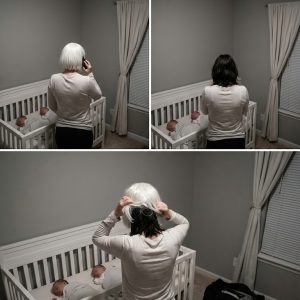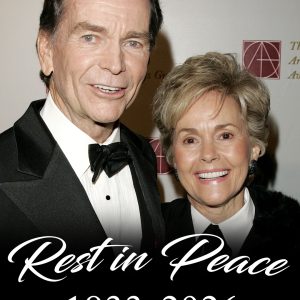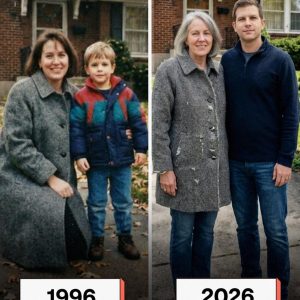Paragraph 1
The 1990 film Ghost remains one of the most iconic romantic dramas of the 1990s, immortalized by the unforgettable pottery scene featuring Patrick Swayze and Demi Moore. Beyond its on-screen magic, the film has an intriguing behind-the-scenes story that many viewers might not know. Patrick Swayze, a star of Dirty Dancing, The Outsiders, and Point Break, was deeply connected to the role of Sam Wheat. He read the script six times, crying each time, and was determined to capture the romance authentically. Swayze’s personal connection to the story ran deep, influenced by the memory of his late father, a gentle rodeo rider and amateur boxer. He believed that the film’s themes of love and loss resonated profoundly, giving him the emotional depth to portray Sam as both a devoted lover and a supernatural observer.
Paragraph 2
Despite Swayze’s passion, the road to casting was far from smooth. Director Jerry Zucker reportedly resisted the idea of Swayze in the role, joking that it would take “over his dead body” to get him on board. Nevertheless, Swayze’s insistence won out, demonstrating both his commitment and instinct for casting. Notably, he played a pivotal role in casting Whoopi Goldberg as Oda Mae Brown. Originally envisioned as a real psychic, the role was reimagined as a fraudulent medium to maximize comedic effect. Swayze, having been impressed by Goldberg’s one-woman Broadway shows, lobbied the producers and even gave Zucker an ultimatum: he would not do the film unless Goldberg was cast. Their eventual collaboration became a highlight of the film, creating a dynamic and memorable on-screen partnership.
Paragraph 3
Ghost is as much about subtle production details as it is about romance and supernatural intrigue. Patrick Swayze famously chewed ice during cold New York City shoots to prevent his ghostly breath from showing on camera. Demi Moore’s career reached new heights, making her the highest-paid actress in Hollywood at the time, though she faced public scrutiny and a backlash for her record-breaking pay. Meanwhile, the film’s iconic “dark shadows”—demonic spirits that terrify viewers—were created using baby cries played in reverse, a clever trick that added a genuinely chilling layer. Even the seemingly perfect pottery scene had its quirks: the pot actually broke mid-filming, and yet the actors improvised, turning it into one of cinema’s most romantic and memorable sequences. These behind-the-scenes anecdotes reveal the meticulous care and happy accidents that shaped the film.
Paragraph 4
The movie’s attention to detail extended to both emotional beats and minor goofs. When Sam is shot and later seen at the police station, Molly’s sleeves, previously soaked in blood, are mysteriously clean—a likely practical adjustment for the scene, yet a small continuity error. Similarly, the pottery scene continuity had clay disappearing between shots. Even the film’s closing credits contained a minor spelling error, listing “Cemetery Ghost” as “Cemetary Ghost.” Such quirks, however, do not diminish the film’s charm; if anything, they add to the story’s enduring appeal, creating moments fans can reminisce about and analyze years later. These imperfections underscore that filmmaking is both an art and a series of compromises, where improvisation often enhances the final product.
Paragraph 5
The cultural impact of Ghost extends far beyond its production trivia. The pottery scene, paired with Unchained Melody by The Righteous Brothers, created a timeless symbol of romantic intimacy, boosting the song’s popularity decades after its original release. Patrick Swayze’s dedication, Demi Moore’s star-making performance, Whoopi Goldberg’s comedic brilliance, and Jerry Zucker’s direction combined to create a film that resonated with audiences emotionally and commercially. From intense action sequences to tender moments, Ghost blended genres effortlessly, offering humor, suspense, and heart-wrenching romance. Its behind-the-scenes stories—from Swayze’s lobbying for Goldberg to the accidental pot break—remind viewers that the magic of cinema often arises from passion, collaboration, and a few happy accidents, making Ghost a film that remains unforgettable even more than thirty years later.




